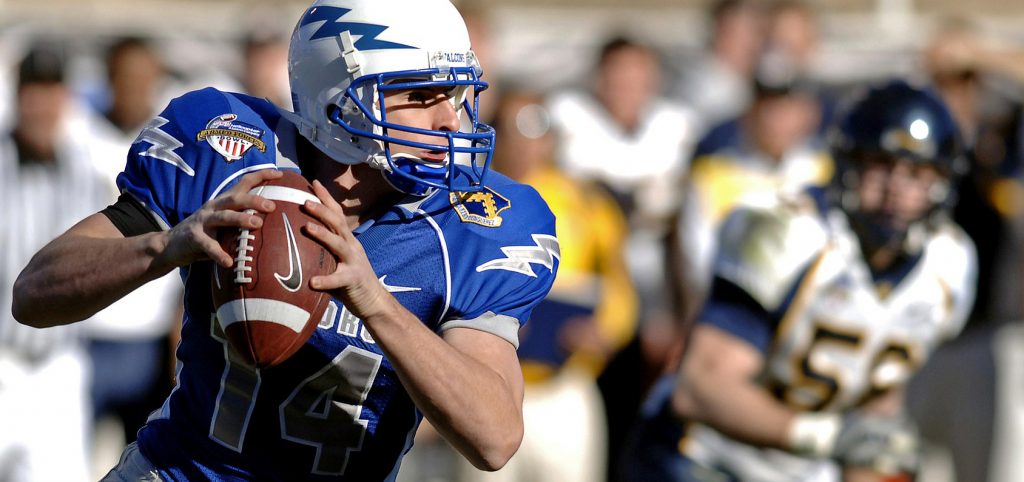
How do you say Super Bowl in Spanish? How about Concussion?
As we approach what in the U.S. is perhaps the most popular and most-watched televised programs of the entire year – the Super Bowl – I can’t help but wonder if all this time I’ve been saying it wrong in Spanish. “¿A dónde vamos a ver el Super Bowl?” we usually say. But then again, what is language beyond the words that we use and understand to communicate with each other?
I am frequently torn between two somewhat disparate language passions – first and foremost, as a Medical Spanish educator, and as a physician careful about what words my patients understand, the actual usable language matters to me. And second, growing up in a house where the history and rules of the Spanish language have always been cherished and respected, I am left wondering what the “accepted” usage of the Super Bowl terminology may be. This is particularly important in an increasingly globalized world, in which my friends in Spain, México, Brasil, and other parts of the world are likely also watching the same televised game, but maybe using different words to talk about it.
To address these linguistic doubts, I confess I am loving the suggestion I recently learned of el supertazón recommended by the Real Academia Española and apparently a term that is used extensively for this particular sporting event throughout the Americas. Although “el Super Bowl” is used frequently as well, with some variable gender agreement usage. The site also addresses the appropriate translations for such critical technical terms as fumble (balón suelto), quarterback (mariscal de campo), or half-time show (espectáculo del entretiempo).
More importantly to me as an Emergency Physician and Medical Spanish educator married to a Neuropsychiatrist, how do you say, in Spanish, the inevitable consequence of the supertazón for many of the jugadores—namely a concussion? In Spanish, we refer to a concussion as una conmoción cerebral—a term which to me feels a lot more technical than its English equivalent, but also one that describes what actually happens in the brain in a clearer way. You can practically picture the brain moving and bouncing off the skull.
It doesn’t take an Emergency Physician nor a Neuropsychiatrist to tell you what should be obvious to anyone—It’s not a good idea to hit your head really hard many times. Nonetheless, research to date suggests that these types of socially acceptable repeated traumatic brain injury may have long-term consequences to the brain tissue, including pérdida de memoria—memory loss, depresión—depression, demencia—dementia, and others.
Not to dampen your enthusiasm for el quincuagésimo segundo supertazón (I know you were wondering how to say “fifty-second”), but the part I’m most excited about is the fact it’s the one day a year my kids and I have dinner on our basement floor picnic style while discussing the pros and cons of deportes profesionales—professional sports—en español, of course.
